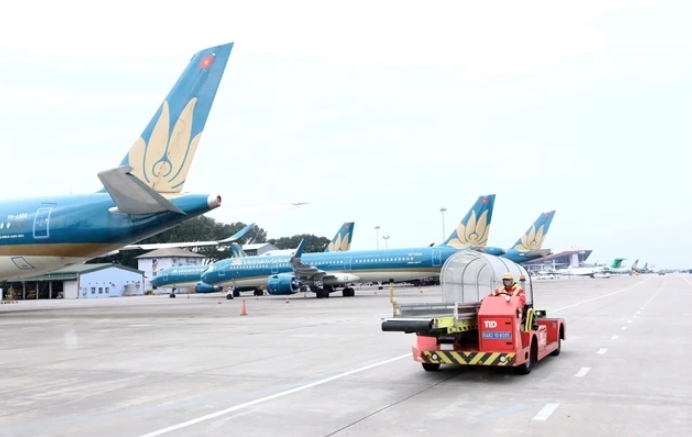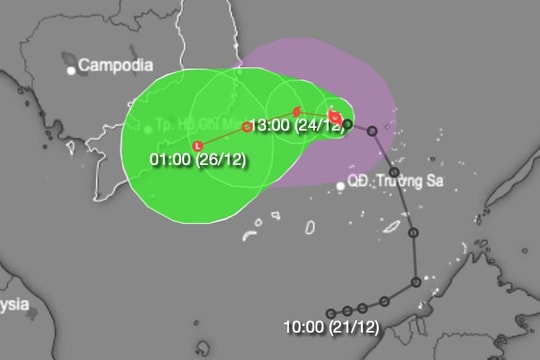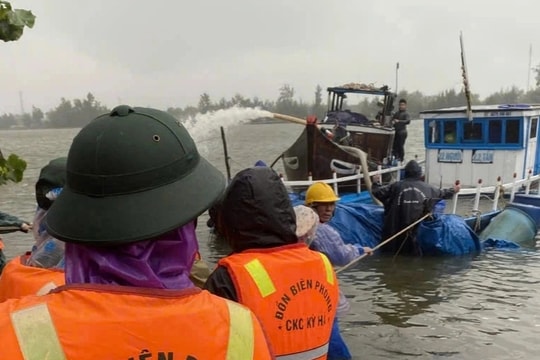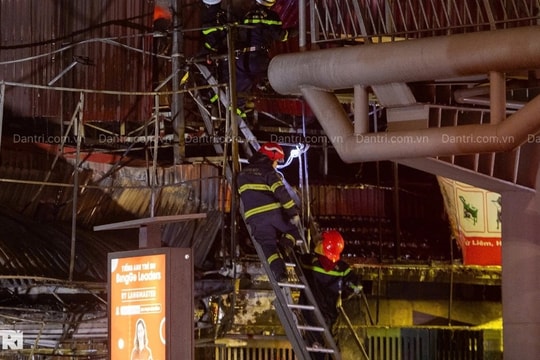Ministry of Transport orders measures to lower domestic airfares
The Ministry of Transport has ordered better control and management of airfares from State agencies, including the Civil Aviation Authority of Vietnam (CAAV), the Transport Development and Strategy Institute (TDSI) and the Airports Corporation of Vietnam (ACV).
Statistics showed that the average price for economy class tickets on several domestic routes has surged by up to 25% year-on-year.
The CAAV has been ordered to conduct research and propose solutions to reduce ticket prices on domestic flights while harmonising the benefits of the State, businesses and passengers.
The authority will also work with the Vietnam National Administration of Tourism, localities, local airlines and travel agencies to develop service ‘combos’, which are expected to diversify the market products and supply chains and reduce costs.
The ministry also ordered the CAAV to ensure compliance with laws on flight ticket sales and listings among airlines and enforce any violations of pricing regulations. This can be done with the assistance of specialised inspection units when necessary.
In addition to increasing capacity on domestic flight routes, the CAAV will also facilitate adding more aircraft to existing fleets in response to rising travel demands in peak seasons, including summer and at the end of the year.
Meanwhile, the TDSI is responsible for coordinating the development of databases related to air travel demands and airfares on domestic, regional and international routes.
This is expected to contribute to analysis, forecasts and policy advice to enhance transport capacity, thereby reducing travel prices to boost tourism activities and economic growth.
Local airlines have also been ordered to strictly adhere to regulations on domestic air transport as well as price listings. Passenger ticket price components must be declared in full and cannot mislead customers.
Carriers also need to adopt flexible fare ranges as well as promotion policies for domestic flights in alignment with travel demands during major tourism and festival programmes, in addition to increasing the size of their fleets.
They must also be proactive in informing their customers about promotions and tourism products through the media, travel agencies, tourism departments and localities.

























